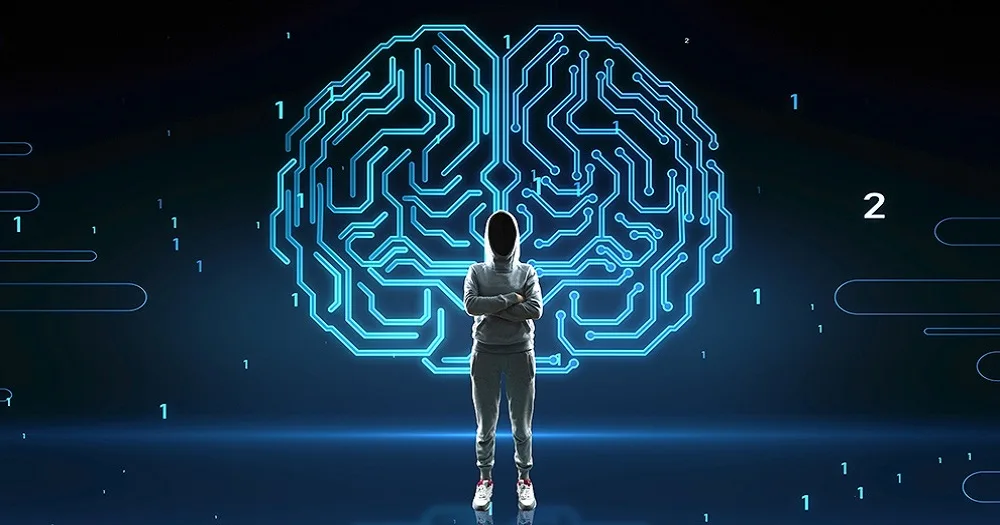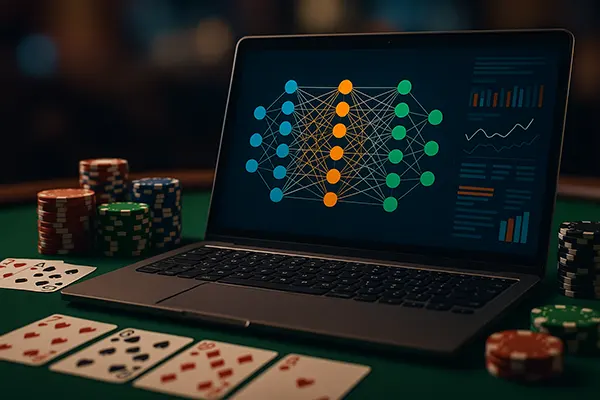
About Artificial Intelligence in Poker
The integration of Artificial Intelligence (AI) into online poker has marked a significant turning point in the game’s history, from merely a card game to a complex field of study for computational intelligence.
Artificial intelligence in poker represents the pinnacle of the game’s complexity and the challenges it poses for AI systems. Unlike perfect information games such as chess or Spillehallen casino games, poker is an imperfect information game and involves bluffing and elements of chance, making it more complex and challenging for the AI. The evolution of AI in poker has seen systems transition from simple, rule-based algorithms to advanced neural networks capable of learning strategies through the gameplay.
Application of AI in Poker
AI’s application in online poker has grown from basic opponent modeling algorithms to sophisticated systems that can defeat human professionals. These AI systems analyze vast amounts of data, understand betting patterns, and make decisions based on probabilistic models. They have become powerful tools for analyzing game strategies and outcomes, pushing the envelope of what’s computationally possible in game theory optimization.
Ethical and Legal Implications
The rise of AI in online poker has not been without its ethical and legal controversies. The use of AI bots in online platforms raises questions about fairness and the integrity of the game. It challenges online platforms to enforce strict measures to detect and prohibit AI usage in games that involve monetary stakes, ensuring a level playing field for human players. Legal frameworks are also evolving to address the implications of AI in online gambling, focusing on transparency, fairness, and the prevention of misuse.

Prospects for the Poker Industry
The integration of AI into the poker industry and spillehallen casino games opens up promising prospects for both players and platforms. For operators, AI can offer insights into player behavior, detect fraud, and improve the user experience. For the game’s strategy, AI analysis tools provide players with resources to improve their skills and strategies, potentially elevating the level of play and competitiveness in the poker community.
AI as Poker Coach
Perhaps the most beneficial application of AI in poker is its role as a coach. AI-driven analysis tools and simulators allow players to refine their strategies against an unpredictable and rational opponent, offering a learning experience that is difficult to replicate in human-only games. These AI coaches can provide personalized feedback, highlighting weaknesses in a player’s game and offering scenarios for practice, significantly accelerating the learning curve for players of all levels.




